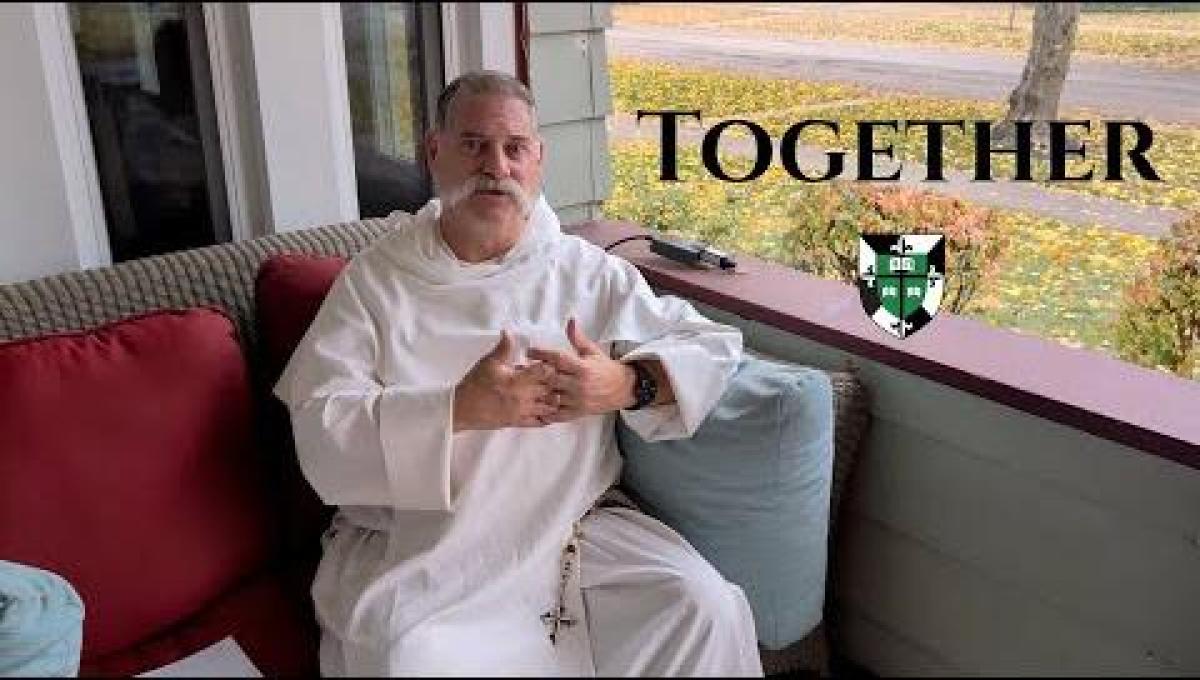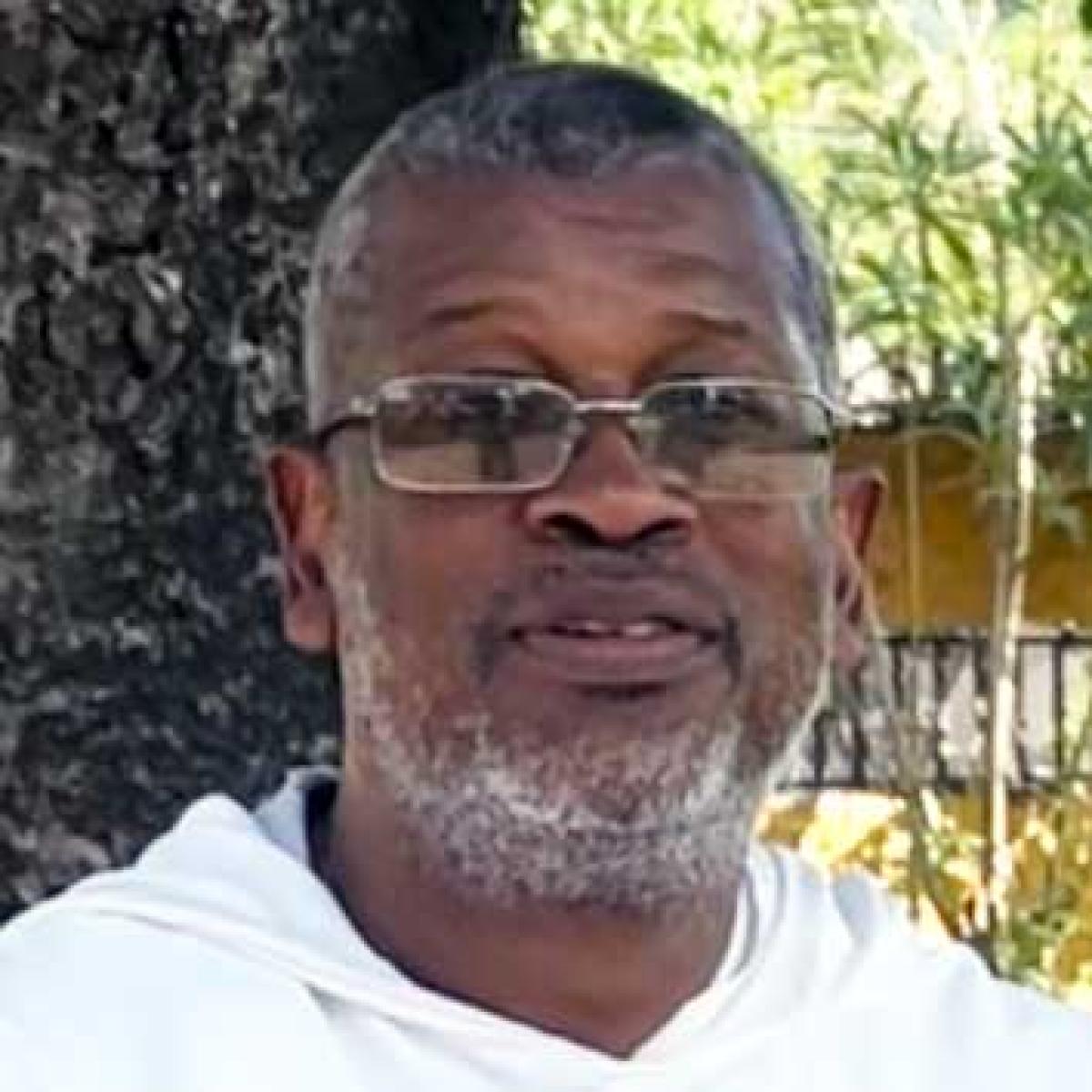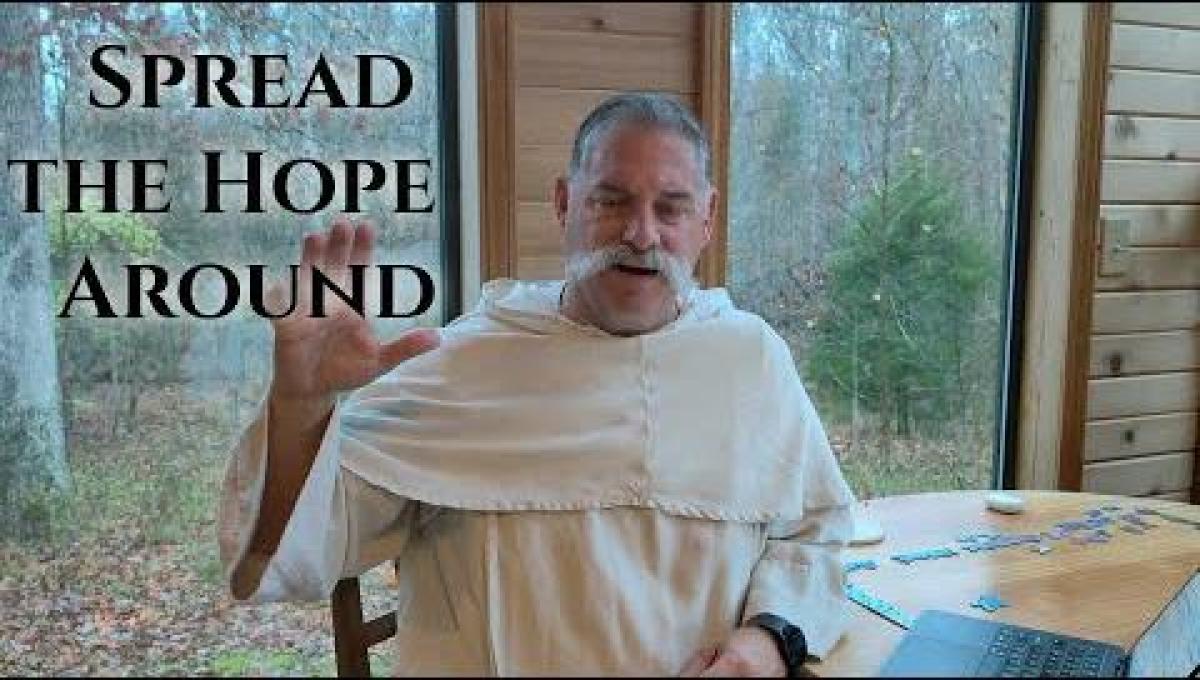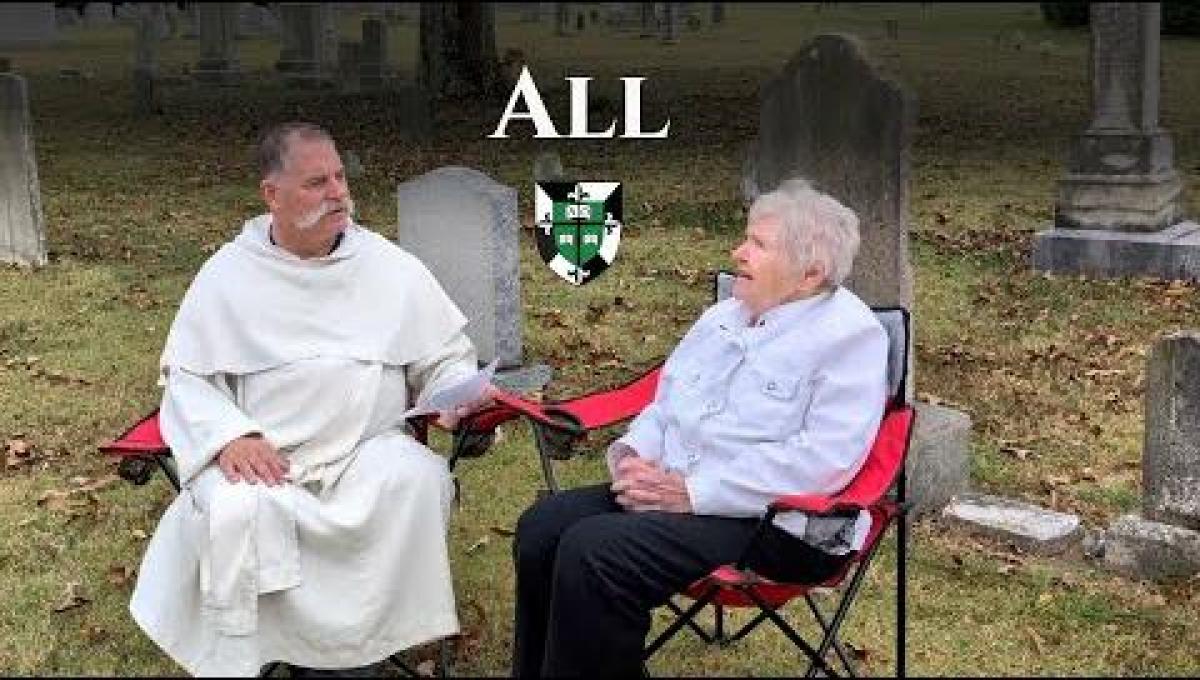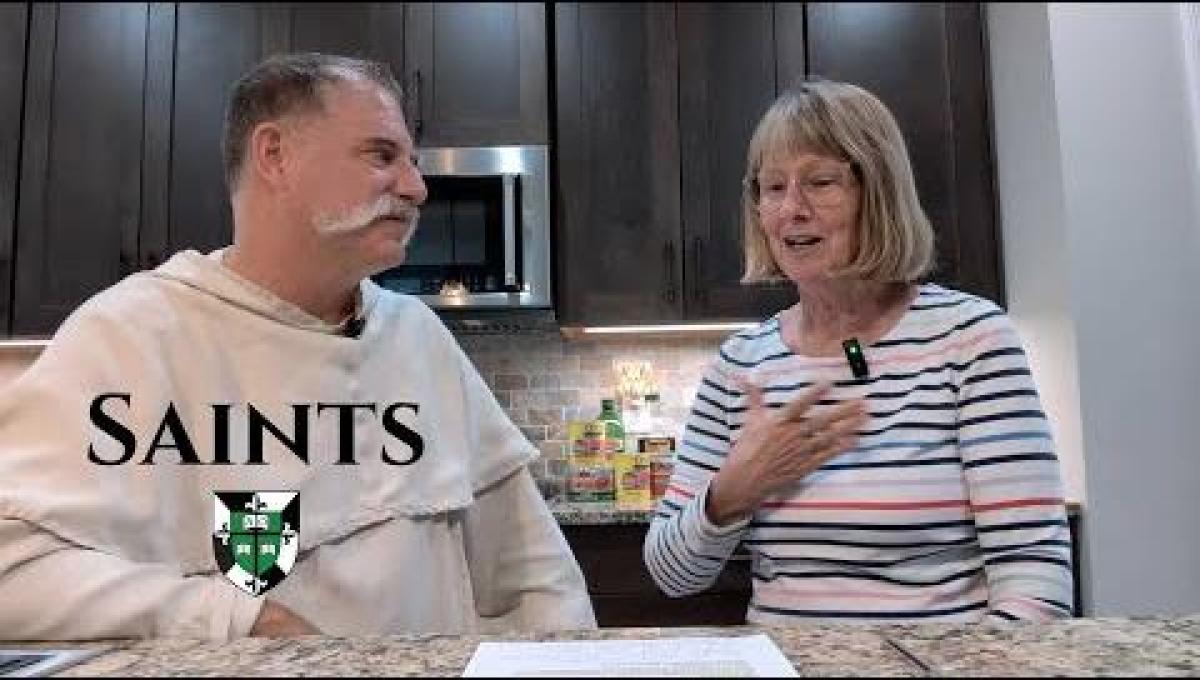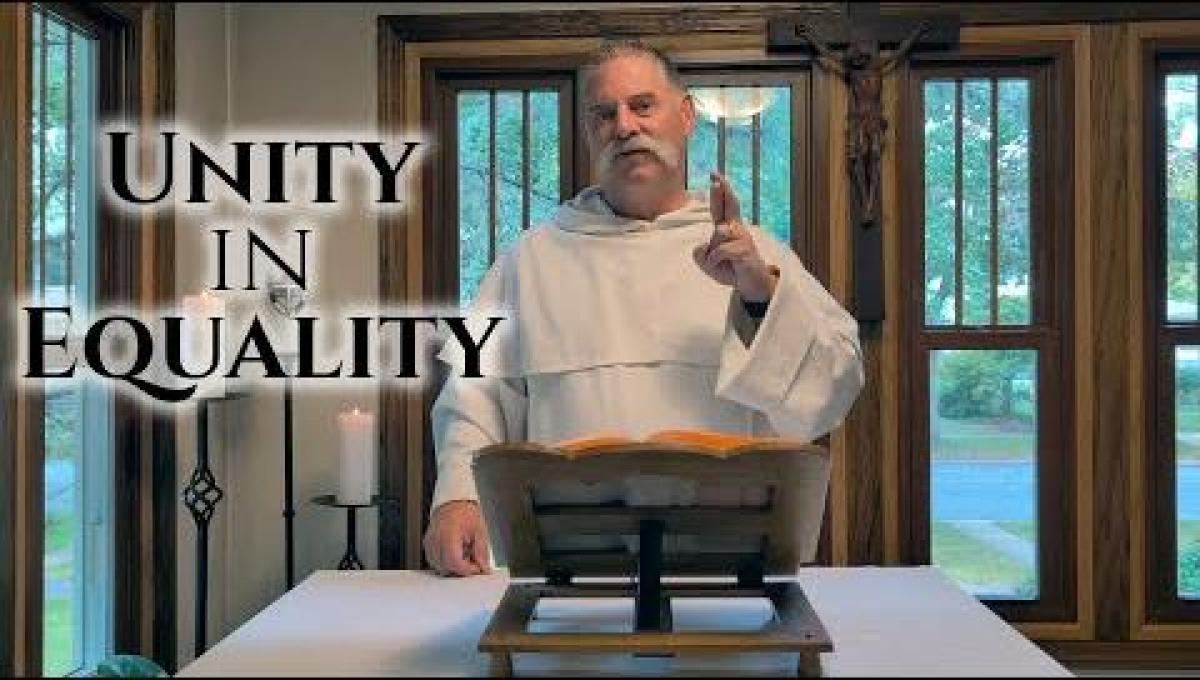25 Nov • The widow's mite reconsidered
Jesus noticed a widow putting a small amount of money oint he temple treasury and told his disciples that she has put in more than all the rich people because she has given all she has to live on. In the context of Luke's Gospel we see that Jesus was not so much praising her generosity as he was condemning the temple system that rested on the backs of the poor "devours the houses of widows." The Good News for us is that God is not asking us to kill ourselves in helping others, but to do what we can with the riches given to us.
